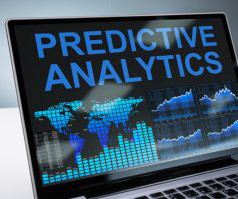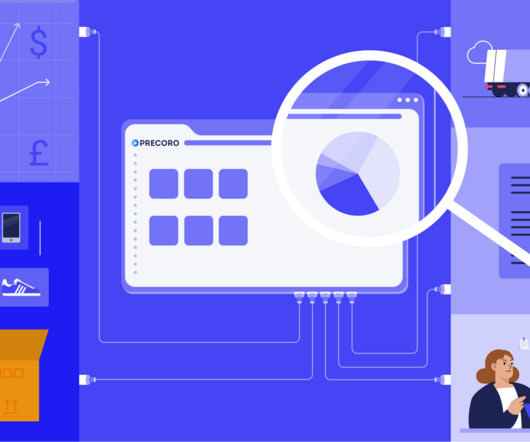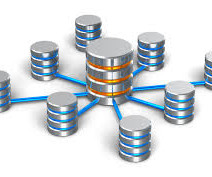Why a Modern BI Platform is Needed for Predictive Analytics
Silvon Software
MAY 1, 2024
In an era where data is the new oil, businesses are constantly seeking innovative ways to extract valuable insights from their vast data reservoirs. Predictive Analytics has emerged as a pivotal tool in this quest, offering unprecedented foresight into market trends, consumer behavior, and operational efficiencies.
































Let's personalize your content